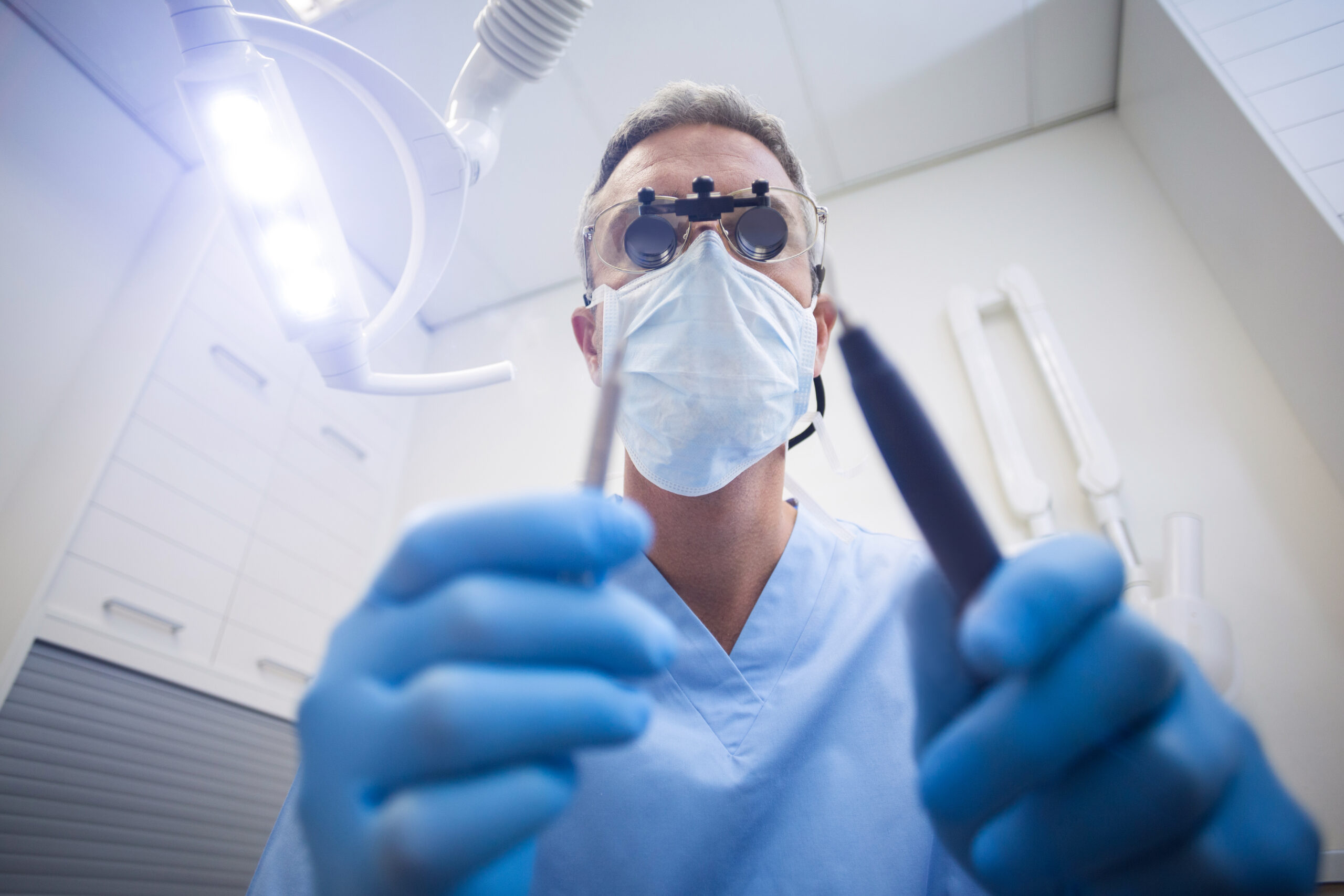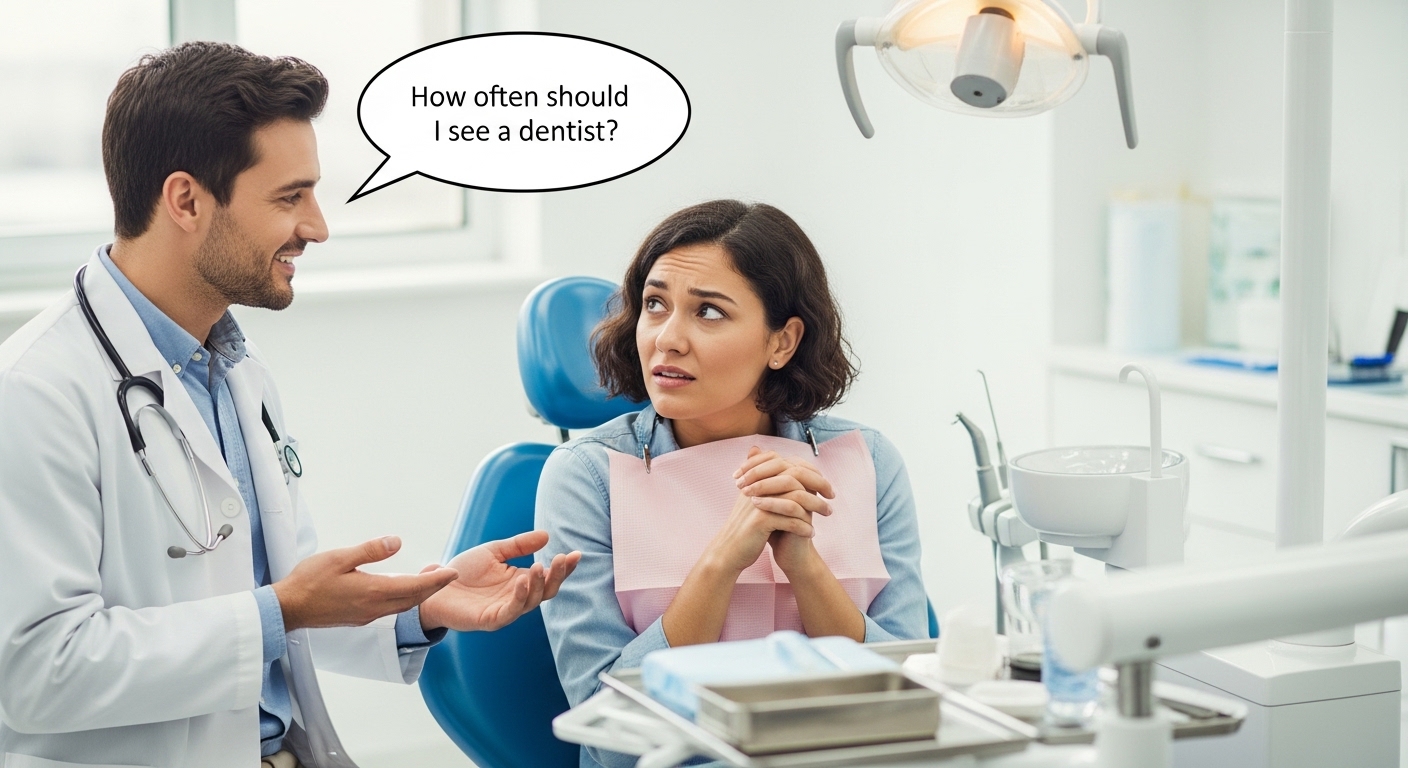Preventive dental care is essential for maintaining long-term oral health and avoiding more serious dental issues. While daily brushing and flossing are crucial, your dentist plays a pivotal role in supporting and enhancing your preventive dental care routine. By leveraging their expertise and resources, you can significantly improve your oral health and prevent common dental problems.
Guidance on Effective Oral Hygiene Practices: Your Dentist’s Role
A key aspect of preventive dental care is ensuring that you practice effective oral hygiene at home. Your dentist provides valuable guidance on how to optimize your daily dental routine. This includes recommendations on the right brushing technique, the type of toothbrush and toothpaste to use, and the importance of flossing.
Your dentist will often demonstrate proper brushing techniques, such as using a soft-bristled toothbrush and brushing in gentle, circular motions to avoid damaging your gums. They may also recommend fluoride toothpaste to help strengthen your tooth enamel and prevent cavities. Additionally, your dentist can offer advice on choosing the right type of dental floss or interdental brushes to effectively clean between your teeth and along the gumline.
Beyond these basics, your dentist can tailor their advice based on your specific dental needs. For example, if you have braces, dental implants, or other orthodontic appliances, your dentist can provide specialized tips to ensure these devices are cleaned and maintained properly. This personalized guidance helps you adhere to a preventive care routine that is best suited to your unique dental situation.
Professional Treatments and Regular Check-ups: Enhancing Preventive Care
In addition to offering practical advice, your dentist plays a crucial role in preventive care through professional treatments and regular check-ups. Scheduling routine dental visits every six months allows your dentist to monitor your oral health and perform essential preventive procedures.
Professional cleanings are a cornerstone of preventive care. During these appointments, your dentist or dental hygienist will remove plaque and tartar buildup that daily brushing and flossing might miss. This helps prevent tooth decay and gum disease, maintaining the health of your teeth and gums.
Your dentist may also apply preventive treatments such as fluoride varnishes to strengthen your tooth enamel and dental sealants to protect the chewing surfaces of your molars from cavities. These treatments offer an added layer of protection, making your teeth more resilient to decay and damage.
Regular check-ups also provide an opportunity for early detection of potential dental issues. Your dentist will examine your teeth and gums to identify any signs of cavities, gum disease, or oral cancer before they become more serious. Early detection allows for prompt intervention, which can reduce the need for more invasive treatments and maintain your overall oral health.
Your dentist is a crucial ally in supporting your preventive dental care routine. By providing personalized guidance on oral hygiene practices, offering professional treatments, and conducting regular check-ups, your dentist helps ensure that your teeth and gums remain healthy and strong. Incorporating their expertise into your preventive care routine enables you to take proactive steps toward a healthier, more confident smile.
Read More:
Top Preventive Dental Care Tips from Your Dentist for Long-Lasting Oral Health




